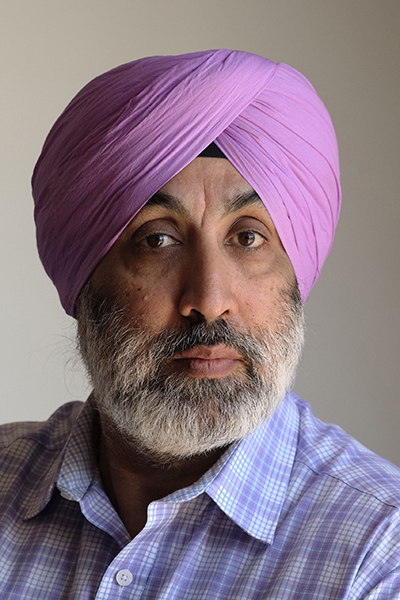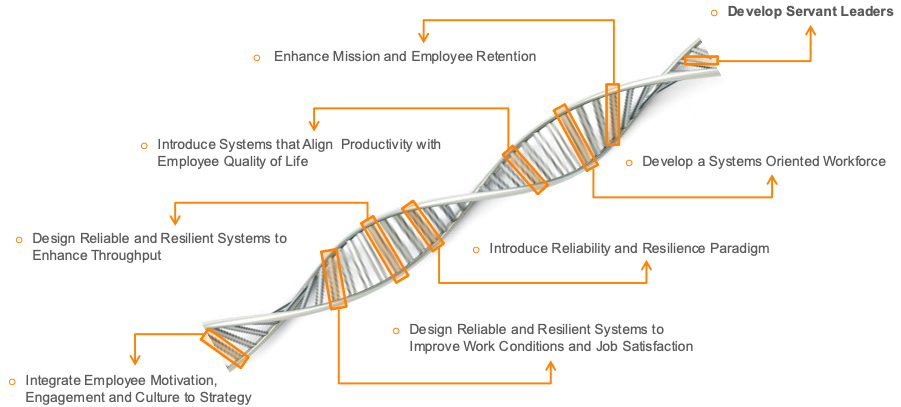Systems that Align Productivity and Retention
UT, CNS Aim to Lead the Effort via Human Behavior Laboratory Improvements
A partnership between Industrial and Systems Engineering’s (ISE) Center for Advanced Systems Research and Education (CASRE) with Consolidated Nuclear Security (CNS) will develop compassionate servant leaders to enhance organizational productivity in a manner that also enhances organizational talent.
Compassionate servant leadership has at its foundation the requirement for aligning organizational productivity with the well-being of the organizational employees. This is a significant challenge for leaders as unrelenting and continuous pressure for organizational performance usurps the intended focus from employee well-being.
Yet, the ability to enhance productivity is talent recruitment and retention driven. This becomes an additional challenge given the fierce competition for talent in a dynamic work environment shaped by COVID, technology advancements and generational work expectations. A solution for talent recruitment and retention is to design a work environment that promotes employee well-being with organizational performance.

“There has always been and will always be an expectation to have productivity be as high as possible, but that too often means that the well-being of the employee is overlooked,” said principal investigator and Heath Faculty Fellow in Business and Engineering Rupy Sawhney. “The result is costly in several ways, including for health, for medical expenses, for social situations, even, ironically, being costly to the production itself. It is time to consider this, and to change how we work.”
According to Sawhney, the central question that the group hopes to tackle is “How can work be designed that sends employees in a better state of mind than when they came to work?”
The basis of this effort is a people-centric operational excellence referred to as the Sawhney Model is introduced. The platform is based on a critical problem-solving approach. It develops a systems-based strategy that reduces organizational resources and employee effort.
The solution methodology is based on designing reliable and resilient systems, which. enhance system throughput and reduce employee effort and stress. This ensures that employee motivation, engagement and cultural alignment is integrated into the system design.

CASRE and its counterparts at CNS began work to build out a Human Behavior Laboratory to support and promote Sawhney’s research and the UT CNS partnership. The main task is to observe how workers behave in their actual environment as part of the systems design.
The human behavior laboratory will be located at Y-12, which is managed and operated by CNS for the U.S. Department of Energy, and will allow specific workforce development research. It is initially funded for $900,000, includes a multi-year contract, and will support the current research and educational activities between ISE’s CASRE and CNS. Sawhney is taking on the task in his role as executive director of CASRE to help develop better practices and work environments.
For Y-12, the project was an opportunity to create the optimal experience for workers, without having to sacrifice the high standards set at its elite laboratories and work spaces.
“A multitude of published research shows that more than 90% of companies fail at sustaining continuous improvement initiatives,” said Doug Freund, CNS vice president for Operations Support. “I am excited with the opportunity to have CNS work with Dr. Sawhney and his team to produce a framework to sustain continuous improvements using systems thinking and to develop servant leaders that enhances the CNS business.”